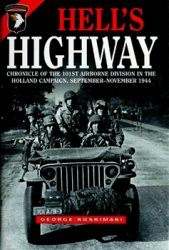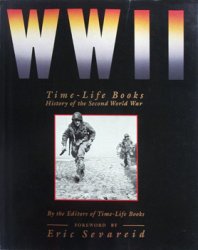Native Americans in the East were wary of the new peace that came with the British winning the French and Indian War. The British soon forgot the directive about hunting grounds as settlers moved into the Great Lakes region, which led to war with the Delaware and Shawnee who lived in the area. This angered the Six Nations Confederacy, who considered themselves to be the elder brothers to the Delaware and Shawnee. They questioned why the colonists weren’t keeping their agreements to stay in the East.
Thayendanegea, also known as Joseph Brant.
Native Americans also noted an increasing division between the two groups of white people—the British military and the colonists. When the colonists were forced to pay for the French and Indian War through increased taxes, the colonists dressed as Native Americans to dump British tea into Boston Ffarbor. Soon, the American Revolution had begun, and once again. Native American nations were strongly encouraged to take sides. When the British warned against taking the side of the colonists, a Seneca warrior told them, “You want us to destroy ourselves in your War and they advise us to live in Peace. Their advice we intend to follow.”
A Mohawk chief, Thayendanegea, better known as Joseph Brant, visited England in 1775-76 and spoke with King George III. Brant refused to bow to the king but offered to shake his hand. He also told King George, “Cease then to call yourselves Christians, lest you declare to the world your hypocrisy. Cease too to call other nations savage, when you are tenfold more the children of cruelty than they.”
Born in 1742, Brant had attended Moor’s Charity School for Indians in Connecticut as a boy. In addition to learning to speak English, Brant studied Western history and literature. After his sister married the British superintendent for northern Indian affairs, Brant followed his brother-in-law into the battles of the French and Indian War at the age of 13.
Instead of being offended by Brant’s words to the king, the British seemed quite taken with him, and they honored him. This probably influenced Brant to support the British against the colonists, although several Native American nations threw their support behind the British in hopes that the colonists would leave America if the British won. Brant returned to the colonies and attempted to convince others within the Six Nations to support the British. Four of the six nations agreed, possibly influenced by the large amount of provisions the British gave to the Six Nations. The Oneida and the Tuscarora refused. The Six Nations were divided.
The American colonists concentrated on the nations to the south—the Cherokee, Choctaw, Creek, and Chickasaw—to persuade them to fight against the British. Yet these people had also had problems with colonists invading their land. The Creeks took the side of the British, and the Choctaw remained neutral. When a native delegation of Mohawk, Shawnee, and Delaware arrived, they were able to convince the Cherokee to join the British. Colonial soldiers responded by burning Cherokee homes, forcing the Cherokee farther west, and taking others as slaves. Battles continued in the South through 1781 until the Cherokee and Chickasaw negotiated peace with the colonists.




 World History
World History









